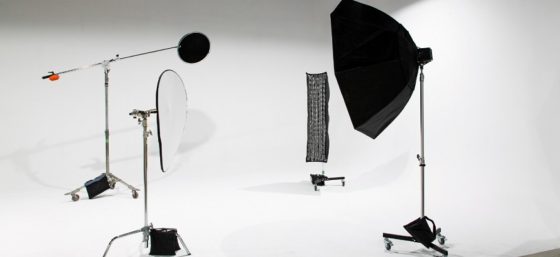
Here’s a question I get from companies and their marketers: What are the legal dos and don’ts for using user-generated content? These are situations where a company wants to use a photo, video, or text created by one of their fans, usually from a site like Instagram, Facebook, or Trip Advisor. Many companies merely want to approach the person through the platform where they found the content they want to use and ask for permission to use it. While this strategy is convenient, it may not be in the company’s best interest.
Using Content Within a Platform
It’s easiest when a company wants to share someone’s post within the social media platform – e.g., sharing someone’s Instagram photo on the company’s Instagram. Many social media sites build this option into the platform where you don’t even have to ask for permission to share someone’s post on another’s account.
Of course, I’m a risk-adverse lawyer so I tell my clients to review the terms of service first to see what happens just in case it turns out the person who created the post you shared didn’t have the right to do so and now you have to deal with the fallout. Depending on the circumstances, I might contact the person to ask the person if they took the photo (which would indicate if they’re likely the copyright holder), try to verify that the original poster is complying with the platform’s rules
Using Content Across Different Platforms
Here’s where it gets a little more complicated. These are the situations where you want to take content from someone’s post on one platform and share it on a different social media site, your website, or another third-party platform. For this situation, I recommend you have a contract drafted by a lawyer. You could have them create a template for you if curating user-generated content is part of your marketing plan.
If I were creating a contract template for obtaining permission to use content created by a user or fan, I’d likely include terms such as:
- The user owns the IP in the content: either they created it or they have permission to use it
- The user has authority to grant the company permission to use the content
- The user grants the company a perpetual, irrevocable, worldwide, sublicensable, paid-in-full, royalty-free license to the company to use the content for any purpose without needing the person’s consent or credit, including the creation of derivative works (or in the alternative, that the user grants the company a copyright assignment)
- The user will reimburse the company’s legal fees and damages if it is accused of wrongdoing because the company used the user’s content
Such a contract would also include boilerplate verbiage, like a dispute resolution provision that states how the company and user will resolve disputes if one occurs.
Always Apply Reality
In any potential legal situation, be sure to apply reality. If a company wants to use a photo with two people in it, whoever posted the image may not be able to speak on behalf of the other person in the photo, and you may need release from identifiable people to avoid being accused of violating their right of publicity.
Additionally, it will likely take longer to get permission if you want to use images and other content across platforms. Be sure to build that into your timeline if your marketing plan involves using user-generated content.
There are also those who may question whether it’s worthwhile to have a lawyer create a contract for these circumstances. When there are no issues, a contract may seem superfluous; however, contracts are imperative in situations where there is a dispute and/or the parties forget the terms of their agreement. When you work with your lawyer to create you contract, make sure it has provisions that will apply to situations that are likely to occur as well as the worst-case scenarios.
If you liked this post and want to know more about my work, please subscribe to the Carter Law Firm newsletter where I share behind-the-scenes information and readers get exclusive access to me.











